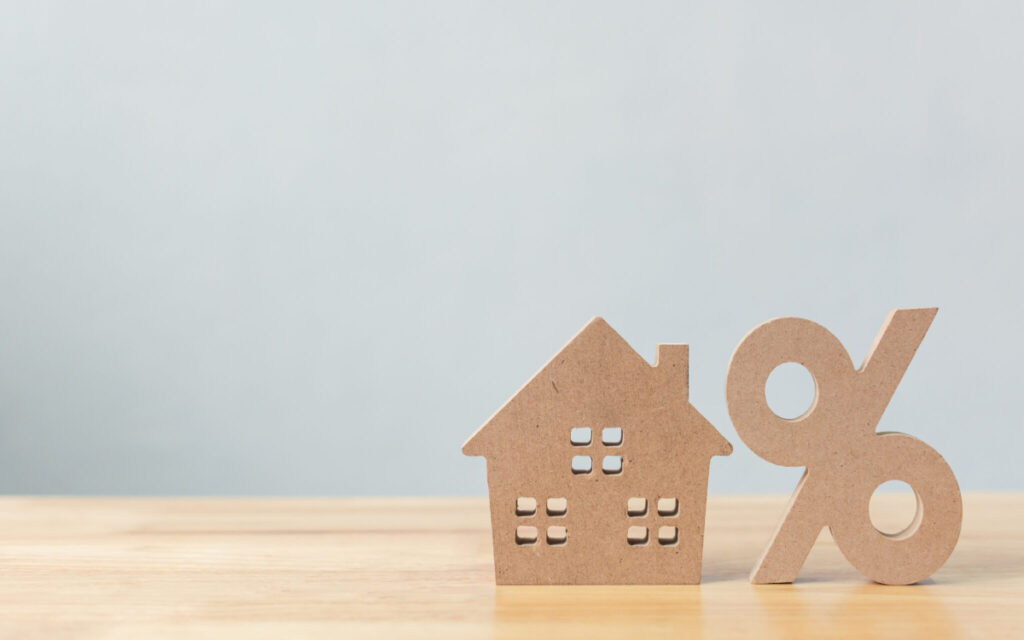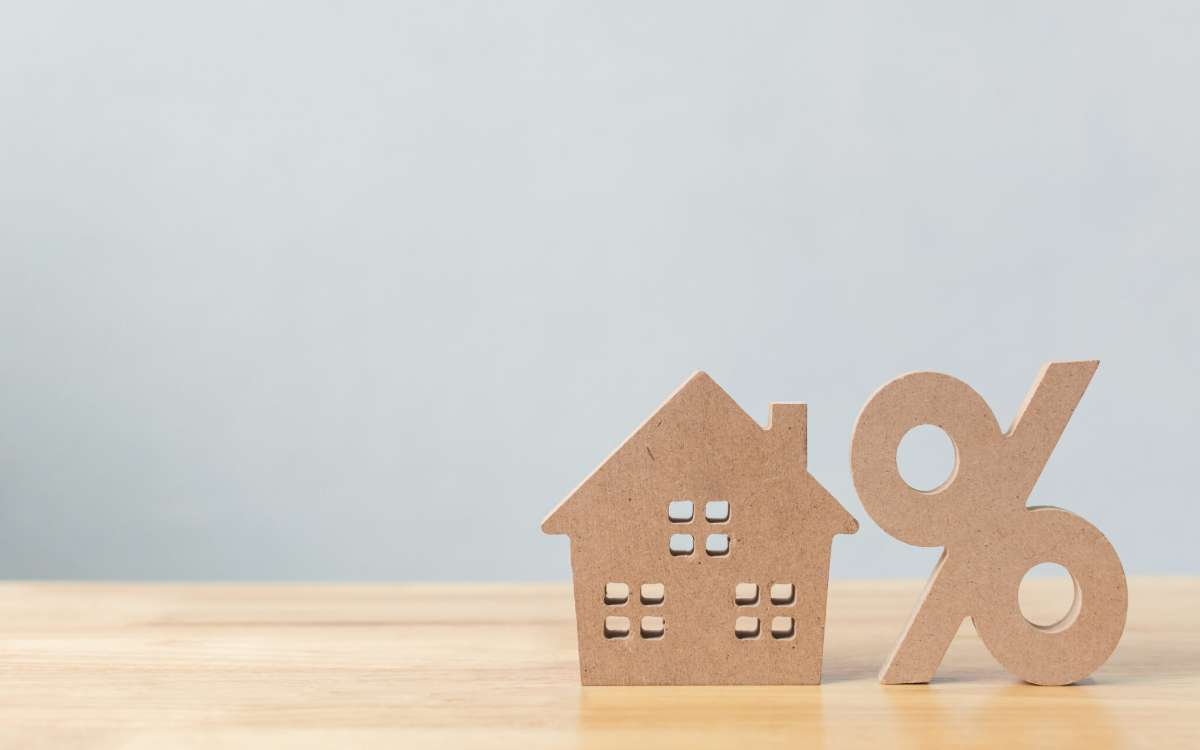
The 8 Things You Should Know
By Mark Weisleder
There has been some confusion surrounding Toronto’s new 1% Vacant Property Tax from both homeowners and real estate investors alike. To help lend clarity, here are the key details everyone should know about the new tax and what it means for Toronto’s homeowners.
- Why was this tax announced?
The persistent housing shortage is the main reason for this tax. The City of Toronto wants to make sure that all residential properties in Toronto are being used by someone as a primary residence, whether that person is a homeowner or a renter. Properties that sit vacant contribute to the housing shortage and this tax is designed to deter such behaviour.
-
What do I need to do if I own a Home or Condominium in Toronto?
You should have received a letter telling you to file a declaration online with the City of Toronto by February 2, 2023 (that has since been extended to February 28, 2023), indicating whether you personally occupy the property or have had a family member or tenant occupying the property for at least 6 months in 2022. If you have not received this letter for any reason, just search for Toronto Vacant Home Tax, and you will find it online. You will need your property tax bill to complete this, as you have to insert your 21-digit assessment roll number and your 6-9 digit customer number to complete it online. You can also print a copy of the form and mail it in.
-
What if I am late in filing the form?
There is a penalty of $250 for filing late, but it is expected that the City of Toronto will be lenient in penalizing owners due to how late this was all sent out. Still, do not delay if you have not yet completed the form.
-
How is the 1% tax calculated if the property was deemed to be vacant?
The tax will be based on the last municipal assessment you have received. So if your last assessment stated that your home was assessed at $1,000,000, you will receive a tax bill for $10,000 later this spring, if you have not filed any declaration or if you have stated that your home was, in fact vacant in 2022.
-
Are there exemptions where the home was vacant, but no tax will be payable?
There are exemptions if, for example, you purchased the home in 2022, the owner passed away in 2022, or the property was undergoing renovations that required a building permit. You will check the exemption in section 4 of the form.
-
What information can be requested by the City once I file?
It depends on what you say on the form. If audited, you can be asked to provide, for example, details of a lease, proof you purchased in 2022, a death certificate if the owner has died, or a copy of any building permit. You cannot provide any lease details without the consent of your tenant.
-
What if I make a mistake on the form, and it turns out the property was vacant?
Besides paying the tax, there is a provision for interest and a penalty that can be anywhere from $250 – $10,000 for filing a false declaration.
-
What if I buy a property in 2023 and I receive a bill for the 1% tax because the seller didn’t file the form or submitted false information?
Real Estate Agents and Lawyers will protect any buyer at closing, and the buyer title insurance policy will provide additional protection should a tax bill be levied after closing. This is just another reason to obtain title insurance.
Mark Weisleder is a real estate lawyer and a partner with RealEstateLawyers.ca. For more information, email mark(at)realestatelawyers(dotted)ca

